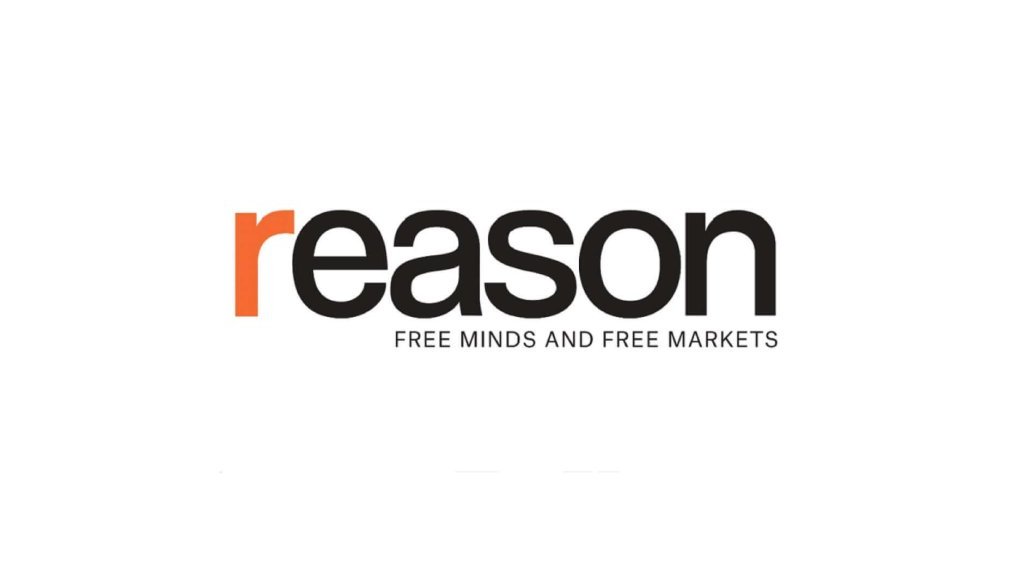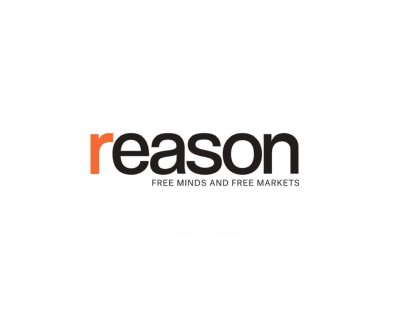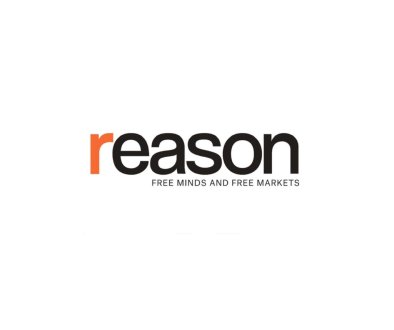Abolish the EPA
The U.S. Environmental Protection Agency (EPA) does not have a typical origin story. Congress did not create it by enacting a statute; President Richard Nixon created it by presidential edict. Perhaps that explains why it’s hard to reconcile what the EPA actually does with a robust theory of the federal government’s role in environmental protection.
Nixon created the agency in response to a broad sense of environmental crisis in the nation (and a desire to gain partisan advantage). Apocalyptic tracts and sensationalized events, such as the infamous and poorly understood 1969 fire on the Cuyahoga River, fed fears that environmental problems were getting inexorably worse and federal intervention was necessary. Yet before Nixon reorganized the federal bureaucracy to create the EPA, key environmental trends were already improving.
Throughout the 1950s and 1960s, as demand for environmental protection increased, state and local governments adopted various protective measures. By 1966, every state had adopted water pollution legislation of some sort—and key water pollution measures were improving well before the EPA got into the game. Similarly, key indicators of urban air quality were improving before the EPA appeared.
Not all these state and local measures were perfect, but that’s also true of federal regulation. Today, as environmental concerns butt up against other values, state and local governments have generally shown themselves to be more innovative, and more respectful of private property rights, than
Article from Reason.com

The Reason Magazine website is a go-to destination for libertarians seeking cogent analysis, investigative reporting, and thought-provoking commentary. Championing the principles of individual freedom, limited government, and free markets, the site offers a diverse range of articles, videos, and podcasts that challenge conventional wisdom and advocate for libertarian solutions. Whether you’re interested in politics, culture, or technology, Reason provides a unique lens that prioritizes liberty and rational discourse. It’s an essential resource for those who value critical thinking and nuanced debate in the pursuit of a freer society.



